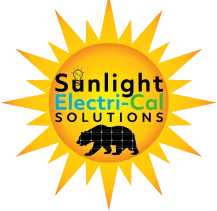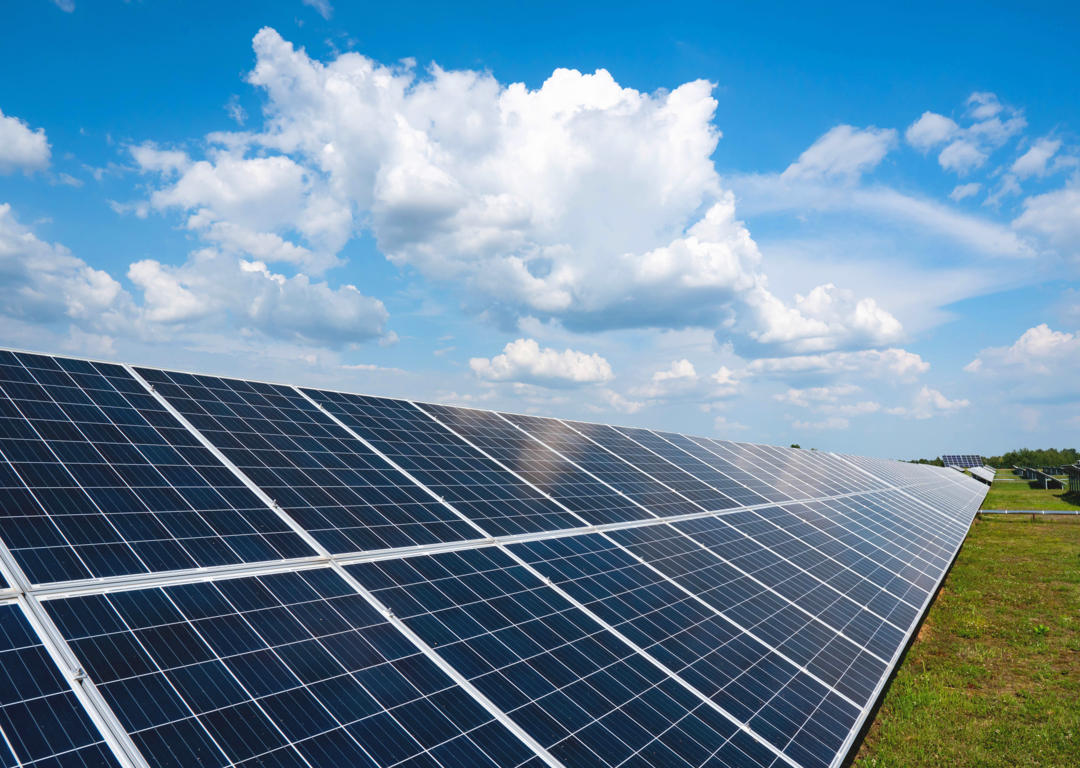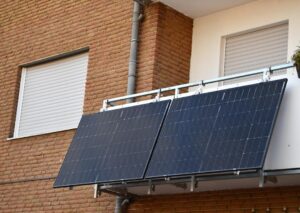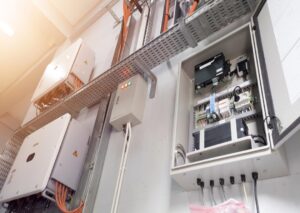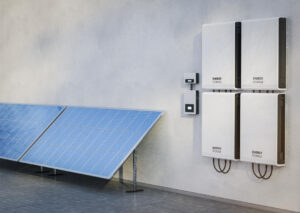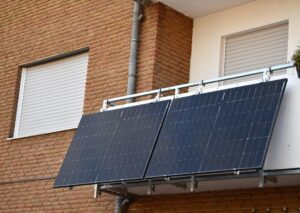Solar panel installation has surged in popularity as more homeowners and businesses recognize its myriad benefits. The advantages of installing solar panels extend beyond simple energy savings, encompassing significant environmental and economic impacts. This article will explore the key benefits of solar panel installation, providing a comprehensive understanding of why solar energy is a smart and sustainable choice for Dublin, CA, and the surrounding East Bay Area.
Significant Energy Savings
Reduction in Electricity Bills
One of the most immediate and compelling benefits of solar panel installation is the reduction in electricity bills. Solar panels generate electricity from sunlight, which can significantly decrease the amount of electricity purchased from utility companies. On average, homeowners can save between $600 and $1,200 annually on electricity costs, depending on their location and energy usage. Over the lifespan of a solar panel system, these savings can amount to tens of thousands of dollars.
Protection Against Rising Energy Costs
Electricity prices have been rising steadily over the past decade, and this trend is expected to continue. Solar panels offer a hedge against these rising costs, as they allow homeowners to lock in their electricity rates for the lifetime of the system, typically 25-30 years. This stability can provide significant financial relief and predictability in household budgets.
Environmental Benefits
Reduction in Greenhouse Gas Emissions
Solar panels are a clean and renewable energy source that significantly reduces greenhouse gas emissions. Unlike fossil fuels, which release carbon dioxide and other harmful pollutants when burned, solar energy produces no direct emissions. According to the U.S. Environmental Protection Agency (EPA), a typical residential solar panel system can offset approximately 100,000 pounds of carbon dioxide over 20 years, which is equivalent to the emissions from driving a car for 100,000 miles.
Decrease in Air Pollution
The production of electricity from fossil fuels is a major source of air pollution, which can lead to respiratory problems, cardiovascular diseases, and other health issues. Solar panels produce electricity without emitting pollutants such as sulfur dioxide and nitrogen oxides. By reducing reliance on fossil fuels, solar energy helps improve air quality and public health. The American Lung Association has highlighted the potential health benefits of reducing air pollution through increased use of renewable energy sources like solar power.
Economic Benefits
Increase in Property Value
Homes equipped with solar panels often see an increase in property value. A study conducted by the Lawrence Berkeley National Laboratory found that homebuyers are willing to pay a premium of about $15,000 for a home with an average-sized solar panel system. This increase in value reflects the long-term energy savings and environmental benefits that solar panels provide. Additionally, homes with solar panels tend to sell faster than those without, making them an attractive feature in the real estate market.
Job Creation and Economic Growth
The solar industry is a significant driver of job creation and economic growth. As the demand for solar energy increases, so does the need for skilled workers to install, maintain, and manage solar panel systems. According to the Solar Foundation, the solar industry employs over 250,000 workers in the United States, a number that has been growing steadily each year. This job creation supports local economies and provides opportunities for a diverse range of workers, from engineers and scientists to installers and sales personnel.
Technological Advancements
Improved Efficiency and Lower Costs
Technological advancements have made solar panels more efficient and less expensive than ever before. Innovations such as bifacial panels, which can capture sunlight on both sides, and solar tracking systems, which adjust the angle of the panels to follow the sun, have significantly increased the efficiency of solar energy systems. As a result, the cost of solar panels has decreased by more than 70% over the past decade. These advancements make solar energy more accessible and affordable for a broader range of consumers.
Energy Storage Solutions
The development of energy storage solutions, such as home batteries, has enhanced the reliability and utility of solar energy systems. These storage systems allow homeowners to store excess energy generated during the day for use at night or during periods of low sunlight. Energy storage not only provides backup power in case of outages but also maximizes the use of solar energy, further reducing dependence on the grid.
Incentives and Rebates
Federal Investment Tax Credit (ITC)
The federal government offers a significant incentive for solar panel installation through the Investment Tax Credit (ITC). The ITC allows homeowners and businesses to deduct a percentage of their solar installation costs from their federal taxes. As of 2024, the ITC covers 30% of the installation costs, making solar energy more affordable and accessible. This incentive is set to decrease in the coming years, so homeowners are encouraged to take advantage of it while it lasts.
State and Local Incentives
In addition to federal incentives, many states and local governments offer rebates, tax credits, and other incentives to encourage solar panel installation. These incentives can significantly reduce the upfront cost of solar energy systems, making them an even more attractive investment. For example, California offers substantial rebates that can cover a large portion of the installation costs.
Energy Independence
Reduced Reliance on the Grid
Solar panels provide homeowners with greater energy independence by reducing their reliance on the electrical grid. This independence is particularly valuable in areas prone to power outages or with unreliable grid infrastructure. By generating their own electricity, homeowners can ensure a more stable and reliable energy supply.
Contribution to Energy Security
On a larger scale, the widespread adoption of solar energy contributes to national energy security. By diversifying the energy supply and reducing dependence on imported fossil fuels, solar energy can help stabilize energy markets and reduce geopolitical risks associated with energy production and supply.
First-Hand Experiences and Testimonials
Many individuals and businesses have shared their positive experiences with solar panel installation through Sunlight Electrical Solutions. For instance, David R., a homeowner in Dublin, CA, reported saving over $250 per month on his energy bills after installing a 7-kilowatt solar panel system on his roof. “Not only am I saving money, but I also feel good knowing that I’m contributing to a greener planet,” David shared. Similarly, Greenfields Nursery in the East Bay Area noted that their solar panel system paid for itself in just six years, thanks to state incentives and energy savings. These testimonials underscore the tangible benefits of solar panels, highlighting both the economic and environmental advantages they offer.
The benefits of solar panel installation are extensive and multifaceted, making them a smart investment for both economic and environmental reasons. From significant energy savings and increased property value to the reduction of greenhouse gas emissions and air pollution, solar panels provide a wealth of advantages. Technological advancements and supportive government incentives further enhance the appeal of solar energy. As more individuals and businesses recognize these benefits, the adoption of solar panels will continue to grow, driving us toward a more sustainable and energy-independent future.
